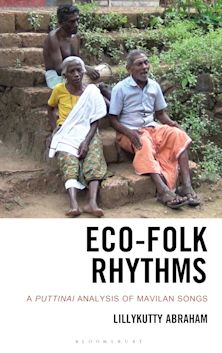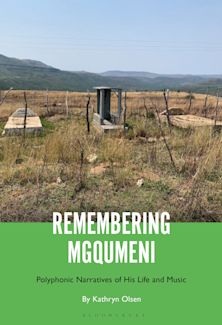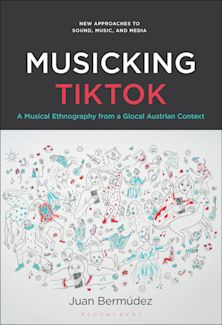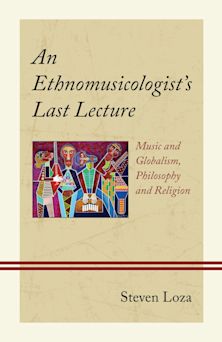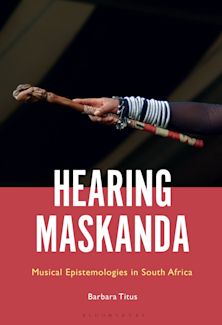Ethnomusicology and Cultural Diplomacy
This product is usually dispatched within 2-4 weeks
- Delivery and returns info
-
Flat rate of $10.00 for shipping anywhere in Australia
Description
Music has long played a prominent role in cultural diplomacy, but until now no resource has comparatively examined policies that shape how non-western countries use music for international relations. Ethnomusicology and Cultural Diplomacy, edited by scholars David G. Hebert and Jonathan McCollum, demonstrates music's role in international relations worldwide. Specifically, this book offers "insider" views from expert contributors writing about music as a part of cultural diplomacy initiatives in Afghanistan, Uzbekistan, Iran, Syria, Japan, China, India, Vietnam, Ethiopia, South Africa, and Nigeria. Unique features include the book's emphasis on diverse legal frameworks, decolonial perspectives, and cultural policies that serve as a basis for how nations outside “the west” use music in their relationships with Europe and North America.
Table of Contents
David G. Hebert
I: Introduction to Music and Cultural Diplomacy
1. Introduction: Ethnomusicology as a Resource for Cultural Diplomacy
David G. Hebert
2. International Soft Law and the Promotion of Musical Rights
Marja Heimonen and David G. Hebert
II: Middle Eastern Perspectives
3. “Afghanistan is Not What You Think”: Cultural Diplomacy through Music Education and Performance
Lauren Braithwaite
4. Music Festivals and Cultural Diplomacy in Uzbekistan
Elnora Mamadjanova and David G. Hebert
5. Sufi Voices: Music as a Unifying Pathway toward the Divine
Chaden Yafi
6. Soft War and Multilateral Musical Pathways in Iran
Nasim Niknafs
III: East Asian Views
7. Cultural Diplomacy in Collaborative Music Projects between China and Europe
Marianne Løkke Jakobsen and David G. Hebert
8. A Gap in Cultural Policy: Non-Japanese Experiences of Learning Japanese Music
Koji Matsunobu
9. Cultural Diplomacy and Transculturation through the History of Vong Co in Vietnam
Nguyen Thanh Thuy and Stefan Östersjö
IV: African Insights
10. Cultural Policies and Music Production across Ethiopian Regimes: A Historical Study
Abraha Weldu and Jan Magne Steinhovden
11. Musical Activism from South Africa: The “Soft Power” of Cultural Diplomacy
Ambigay Yudkoff
12. Intercultural Relations in Church Music of Nigeria and South Africa
Rhoda Abiolu
V: Legal Perspectives From Asia
13. Cultural Heritage and Music Diplomacy: The Legal Framework in India
Karan Choudhary
14. China's Legal Framework Supporting Protection and Sustainability of Artistic Heritage
Juqian Li
VI: Conclusion: Rethinking Music Heritage and Cultural Diplomacy
15. Toward Global Models and Benchmarks for Music Diplomacy
David G. Hebert and Jonathan McCollum
Index
About the Editors and Contributors
Product details
| Published | 05 May 2022 |
|---|---|
| Format | Hardback |
| Edition | 1st |
| Extent | 372 |
| ISBN | 9781793642912 |
| Imprint | Lexington Books |
| Dimensions | 227 x 160 mm |
| Series | Critical Studies in Historical Ethnomusicology: Deep Soundings |
| Publisher | Bloomsbury Publishing |
Reviews

ONLINE RESOURCES
Bloomsbury Collections
This book is available on Bloomsbury Collections where your library has access.












